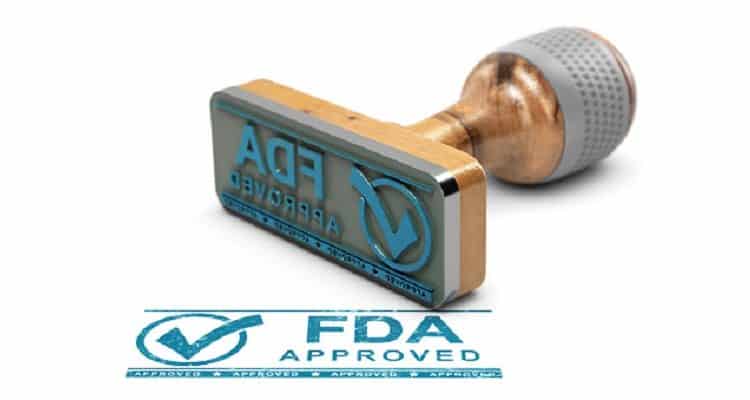US FDA approves Enspryng from Genentech for neuromyelitis optica spectrum disorder
In two randomised controlled Phase III clinical trials, SAkuraStar and SAkuraSky studies, Enspryng demonstrated robust and sustained efficacy and a favourable safety profile in adults with AQP4 antibody-positive NMOSD
Genentech, a member of the Roche Group announced that the US Food and Drug Administration (FDA) has approved Enspryng (satralizumab-mwge) as the first and only subcutaneous treatment for adults living with anti-aquaporin-4 (AQP4) antibody-positive neuromyelitis optica spectrum disorder (NMOSD). NMOSD is a rare, lifelong and debilitating autoimmune disorder of the central nervous system, often misdiagnosed as multiple sclerosis that primarily damages the optic nerve and spinal cord causing blindness, muscle weakness and paralysis.
“Today’s FDA approval of Enspryng, the first subcutaneous NMOSD treatment using novel recycling antibody technology, builds upon the work we’ve done in multiple sclerosis with Ocrevus to develop first-in-class medicines and further the scientific understanding of neuroimmunological diseases,” said Levi Garraway, Chief Medical Officer and Head of Global Product Development. “
“Enspryng is a humanised monoclonal antibody and the only approved therapy for NMOSD designed to target and inhibit interleukin-6 (IL-6) receptor activity, believed to play a key role in the inflammation associated with NMOSD. The treatment was designed using novel recycling antibody technology, which, compared to conventional technology, allows for a longer duration of antibody circulation and subcutaneous dosing every four weeks”, said Garraway.
“For people with NMOSD, relapses can cause devastating, irreversible and disabling neurological effects. Having an approved therapy that can be administered subcutaneously in the home and has demonstrated an impact on the frequency of relapses is an important advancement for patients,” said Professor Jeffrey Bennett, University of Colorado Neurology & Ophthalmology, and investigator for the Enspryng pivotal clinical trials.
Enspryng can be administered in the home by a person living with NMOSD or a caregiver following training from a healthcare provider. Enspryng treatment is administered every four weeks after an initial loading dose. Enspryng will be available in the US in two weeks.
FDA approval is based on results from two randomised controlled Phase III clinical trials, the SAkuraStar and SAkuraSky studies, in which Enspryng demonstrated robust and sustained efficacy and a favourable safety profile in adults with AQP4 antibody-positive NMOSD. Results were sustained for 96 weeks, significantly reducing the risk of relapse compared with placebo as a monotherapy and when used concurrently with baseline immunosuppressant therapy (IST), which has commonly been used to manage NMOSD symptoms associated with relapses.
In the SAkuraStar monotherapy study’s AQP4 antibody-positive subgroup, 76.5 per cent of Enspryng-treated patients were relapse-free at 96 weeks, compared to 41.1 per cent with placebo. In the SAkuraSky study, which evaluated Enspryng when used concurrently with baseline IST, 91.1 per cent of Enspryng-treated AQP4 antibody-positive subgroup patients were relapse-free at 96 weeks, compared to 56.8 per cent with placebo. The primary endpoint of both SAkuraStar and SAkuraSky was time to first protocol-defined relapse (PDR) adjudicated by an independent review committee in the double-blind period.
The most common adverse reactions with Enspryng (incidence ≥ 15 per cent) were nasopharyngitis, headache, upper respiratory tract infection, gastritis, rash, arthralgia, extremity pain, fatigue and nausea.
- Advertisement -



I am interested to know that such new medicines are developed for Aquaporin – 4 Positive only. Why not for Aqua – 4 negative? I know because negative patients are just 23 to 25 % and positives are 75 to 77 %. Secondly, these pharma companies does not clarify that Nmosd negative patients can use it or not. My son is NMOSD NEGATIVE. Can we take benefit of such medicines? Kindly advice us.